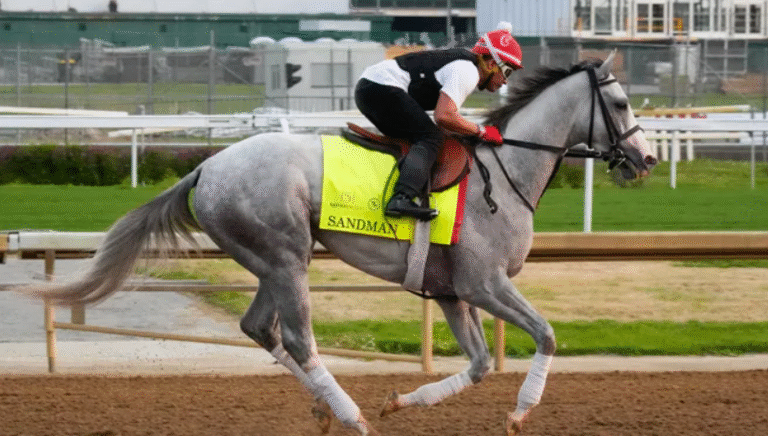How Horse Racing Affects the Local Economy of Major Tracks

Horse racing serves as a significant economic driver for local communities surrounding major tracks. It creates numerous job opportunities, stimulates tourism, and enhances retail and service sectors. The influx of attendees during race events leads to increased spending in local businesses, while sponsorships and community events foster engagement. Understanding the multifaceted impacts of this industry reveals both immediate and long-term benefits, raising questions about its sustainability and overall influence on local economies.
Job Creation and Employment Opportunities
The horse racing industry significantly contributes to job creation and employment opportunities within local economies.
Through various roles, from trainers to administrative staff, the sector supports a diverse workforce. Competitive salaries and benefits are essential in attracting talent, fostering workforce development.
This economic impact extends beyond direct employment, stimulating ancillary industries and promoting sustainable growth in communities that host racing events.
See also: How Do Horse Racing Trainers Prepare Horses for Big Races?
Boosting Local Tourism and Hospitality
Horse racing events serve as a significant catalyst for local tourism and hospitality sectors. Increased attendance correlates with a rise in hotel bookings, as visitors seek accommodations during race weekends.
This influx directly contributes to heightened tourism revenue, benefiting local businesses and enhancing regional economic vitality. Such events not only attract racing enthusiasts but also stimulate broader interest in the area’s attractions and amenities.
Economic Impact on Retail and Services
An analysis of horse racing events reveals a substantial economic impact on local retail and service sectors.
Increased attendance correlates with heightened merchandise sales, benefiting local vendors. The service sector, including dining and entertainment, experiences growth due to the influx of visitors.
As horse racing attracts crowds, these sectors thrive, illustrating the interconnectedness of the racing industry and local economies.
Community Engagement and Event Hosting
While many factors contribute to community engagement, hosting horse racing events serves as a significant catalyst for local involvement.
These events foster unity through community events, attracting diverse attendees and creating sponsorship opportunities for local businesses.
The influx of visitors stimulates economic activity, enhances social interactions, and promotes local culture, ultimately strengthening community ties and encouraging ongoing participation in future events.
Conclusion
In conclusion, horse racing serves as a vital economic engine for communities surrounding major tracks. For instance, a study showed that horse racing events can generate over $1 billion annually in economic activity, highlighting the industry’s significant influence on job creation and local businesses. This data underscores the interconnectedness of racing events with local economies, emphasizing their role in fostering sustainable growth through tourism, retail, and community engagement, ultimately enhancing the overall well-being of host communities.


